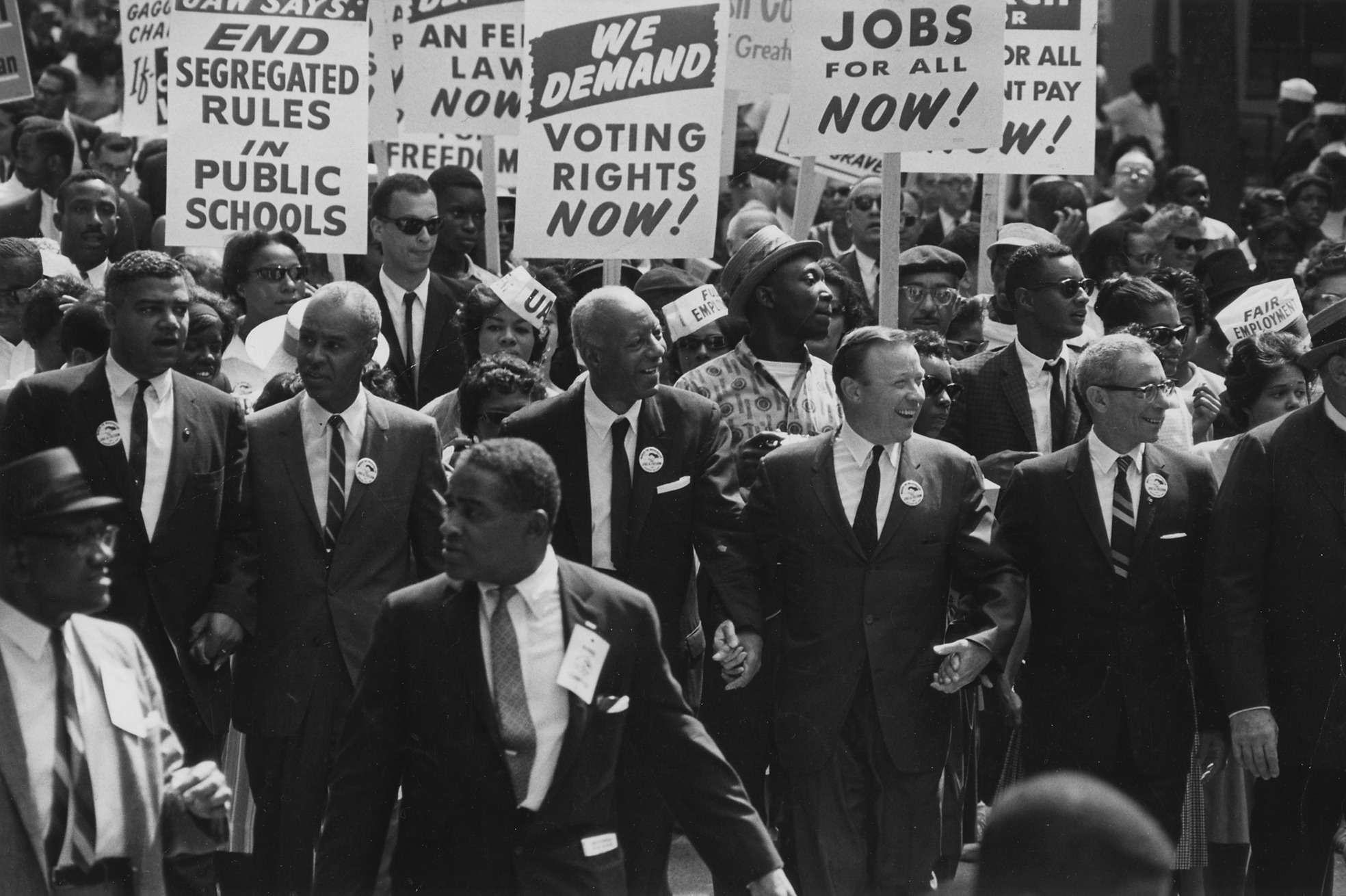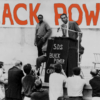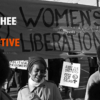The civil rights movement was an organized effort where African-Americans united and rallied to put black progressiveness at the forefront of a nation that sought to minimize and revoke rights.
Many cite 1954 as the beginning of the movement, with the landmark case Brown v. Board of Education. The civil rights movement continued to gain momentum with strategic decisions by leaders, like Rev. Dr. Martin Luther King, Jr. and Rosa Parks. President Lyndon B. Johnson also signed multiple pieces of legislation, and each move contributed to expanded success for black rights nationally. While some people mark Dr. King’s death as the end of the movement, others recognize it as a major shift.
In this episode of Black History in Two Minutes or So hosted by Henry Louis Gates Jr. — with additional commentary from Kimberlé Crenshaw of UCLA and Columbia law schools and Brittney Cooper of Rutgers University — we take a closer look at the civil rights — a time where intentional resistance lead to the freedoms we all enjoy today.















































